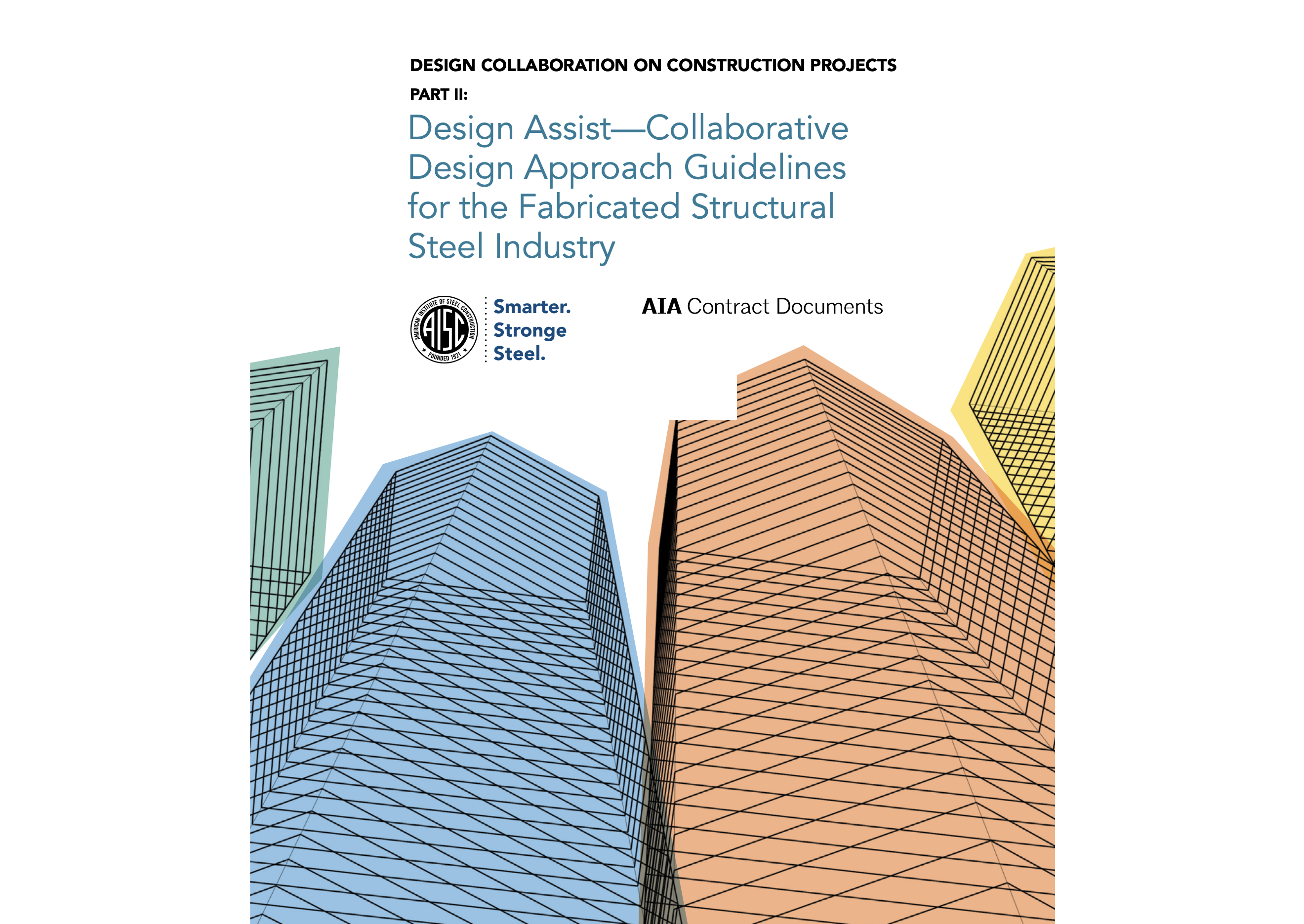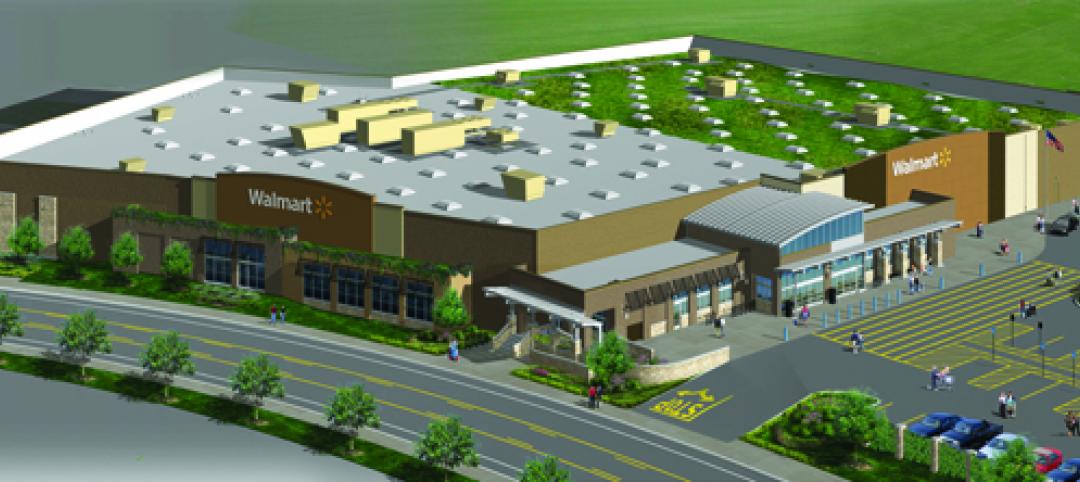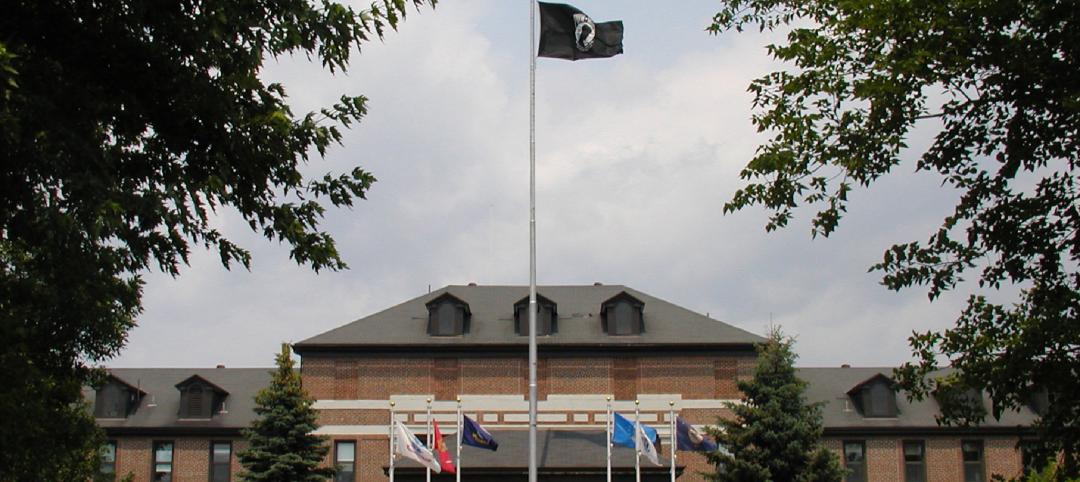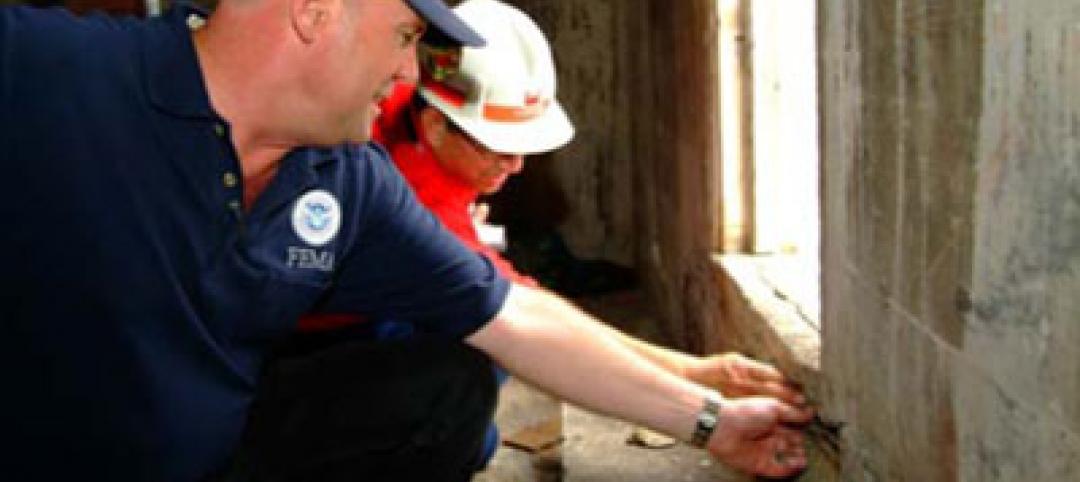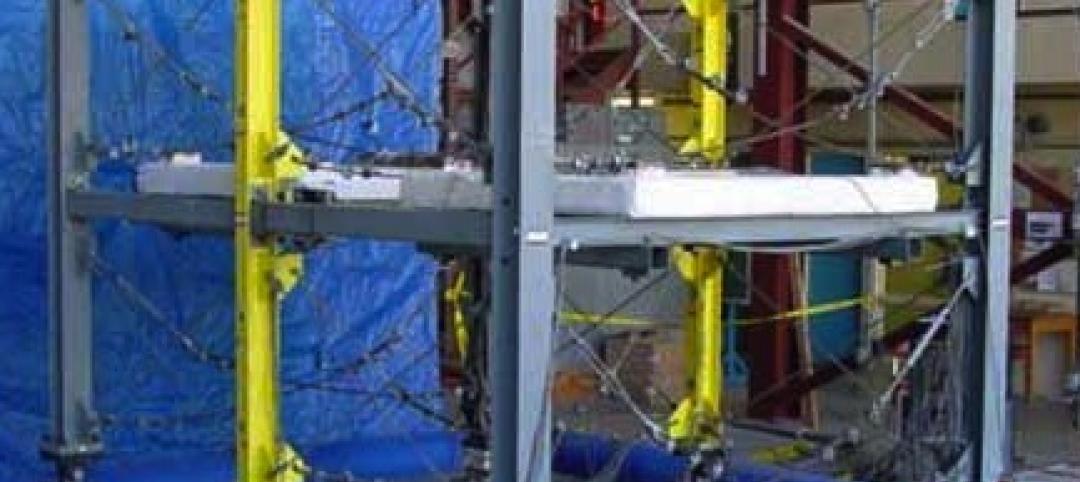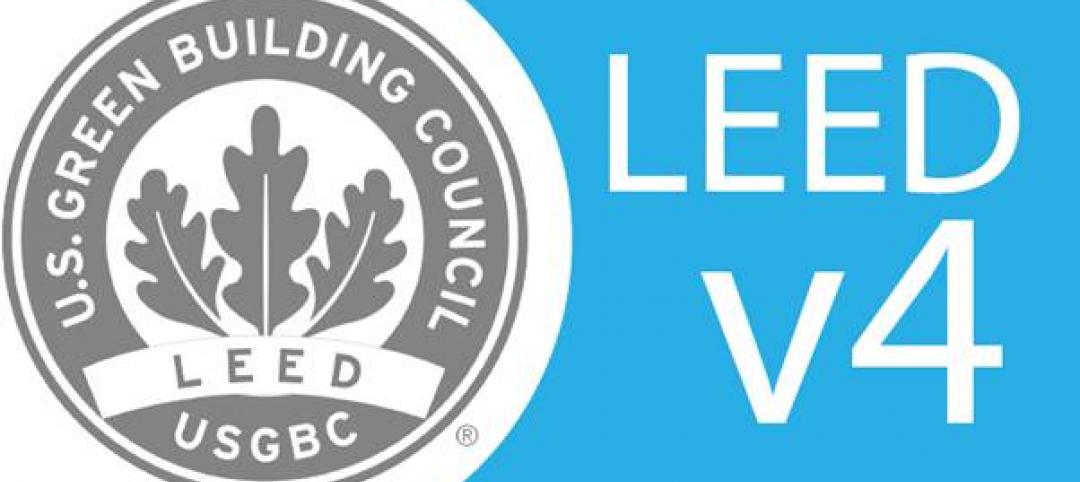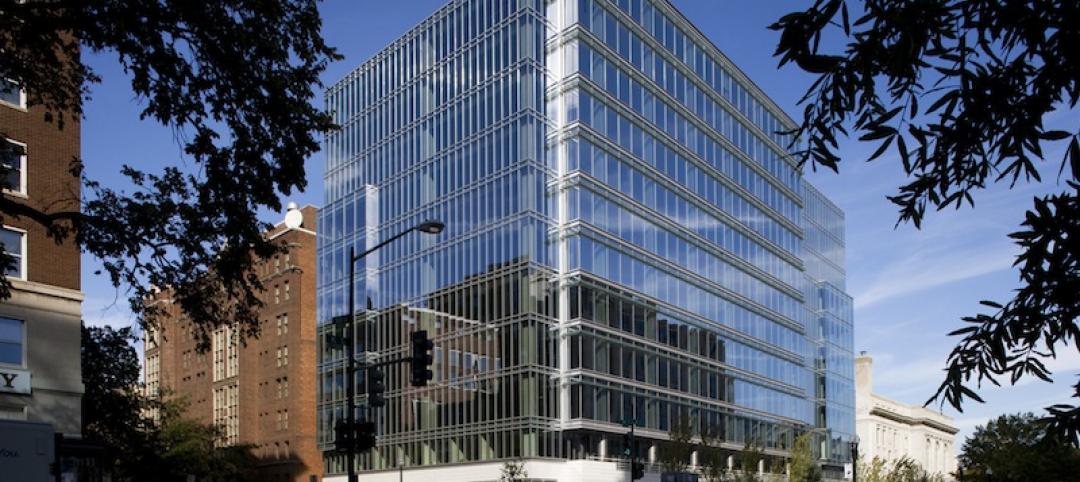The American Institute of Steel Construction and AIA Contract Documents have released the second part of a document intended to provide guidance for three common collaboration strategies.
The document, Design Assist: Collaborative Design Approach Guidelines for the Fabricated Structural Steel Industry, is a follow-up to part one, Delegated Design, Design Assist, and Informal Involvement: What does it all mean?
The strategies covered are informal involvement, design assist, and delegated design. Part II focuses on the implementation of design assist in the fabricated structural steel industry. The document describes the roles and responsibilities of various project participants and provides general guidelines about applying those strategies to fabricated structural steel projects.
“Great teams drive great projects—and great teams rely on clear communication,” said Babette Freund, vice president of special projects, Dave Steel Company, Inc., and chair of AISC’s Code of Standard Practice Committee. “This paper aims to help project teams use design assist strategies to meet a defined project schedule and budget while minimizing the costs and disruptions that might arise from team misalignments.”
How AISC defines design assist for the structural steel industry
According to the guidelines, design assist is, "A form of collaboration where a structural steel fabricator and/or erector (or a fabricator/erector team under one contract, depending on project circumstances) provides information under a contract with the owner or other party as designated by the owner, to assist a structural engineer of record (SER) and other designated members of the design assist team with the design of the structural steel for buildings or building-like structures."
Related Stories
| Oct 31, 2013
IECC code updates include better lighting controls and new HVAC technology
The proposed new code will increase the mandatory installation of occupancy sensors and daylighting controls to many new types of spaces.
| Oct 31, 2013
Effects of green, white roofs to be compared at Walmart in Oregon
Portland State University will construct a 40,000 sf green roof research site on the top of a new Walmart store in North Portland, Ore., and compare it to a 52,000 sf section of roof with a white membrane.
| Oct 31, 2013
GSA okays Green Globes; USGBC counters forestry industry concerns
Green Globes, a LEED rival, was recently declared to be nearly equal with LEED standards by the General Services Administration.
| Oct 25, 2013
California struggles with updated seismic codes
In California, there are still hundreds of concrete buildings that need reinforcement to bring them up to the new seismic code.
| Oct 24, 2013
Supplement No. 2 to AISC 358-10 Prequalified Moment Connection Standard available for public review
Supplement No. 2 to the American Institute of Steel Construction (AISC) standard Prequalified Connections for Special and Intermediate Steel Moment Frames for Seismic Applications (AISC 358-10) is now available for public review.
| Oct 24, 2013
Changes in LEED v4 will have large impact on materials manufacturers
Changes to LEED in LEED v4 are so dramatic that they will send ripples into other industries and shift expectations on sustainability reporting and performance far beyond the building industry.
| Oct 24, 2013
D.C. office buildings going green at twice the national average
In 2011, about 33% of new office buildings in the U.S. were built to green standards, but in the nation’s capital that rate has skyrocketed.
| Oct 18, 2013
AGC considers suit over new hiring goals for vets, disabled
The Associated General Contractors of America and the HR Policy Association are reportedly considering taking legal action over the Labor Department's new hiring goals for veterans and disabled people.
| Oct 18, 2013
Cities may be more capable of driving sustainability than nations, experts say
With countries not tackling climate change aggressively, cities are in the best position to drive increased sustainability.
| Oct 8, 2013
Kansas City board OKs $1.6 billion TIF for $4.3 billion redevelopment project
Kansas City’s Tax Increment Financing Commission voted unanimously to forward the Bannister & I-435 TIF Plan to the Kansas City Council for approval.


